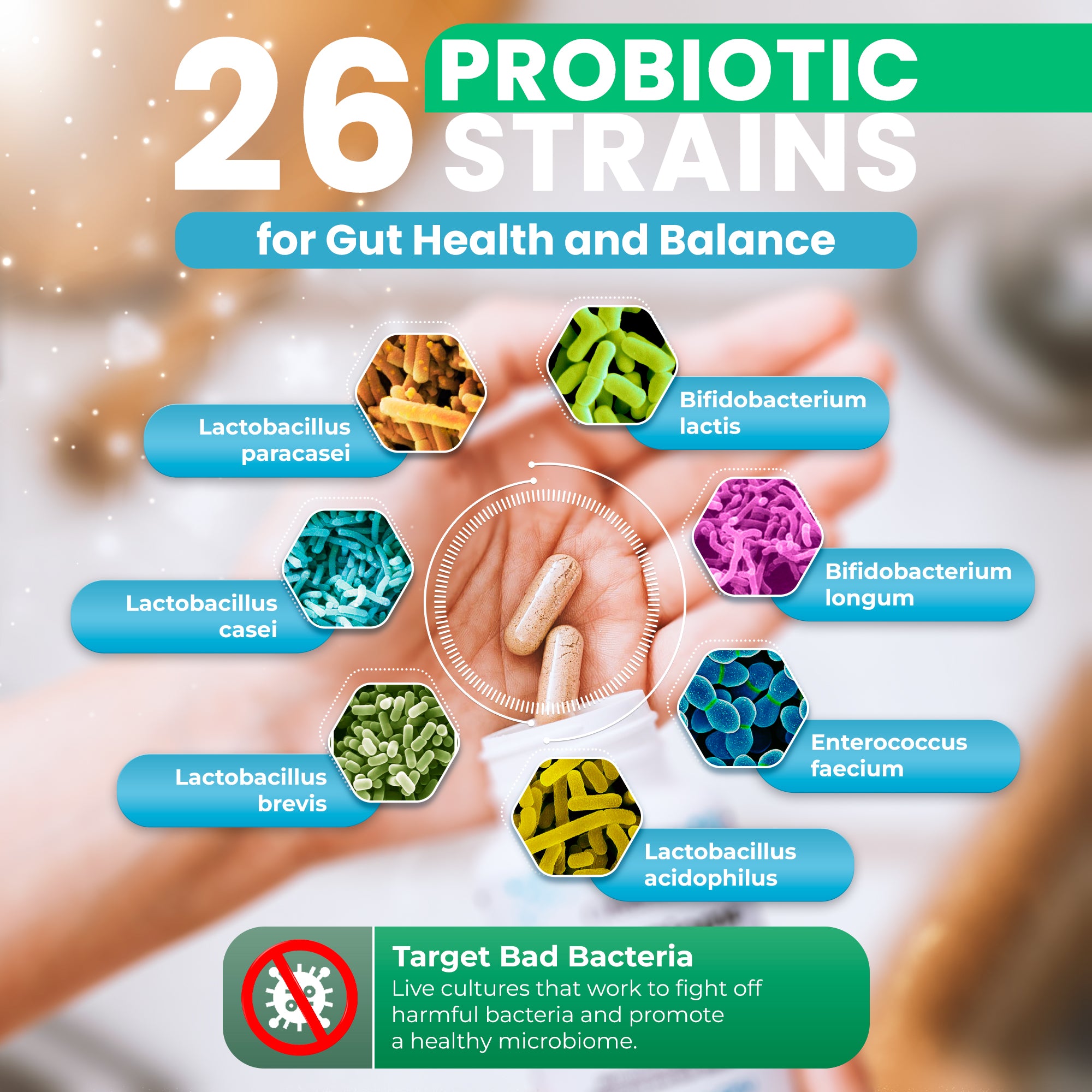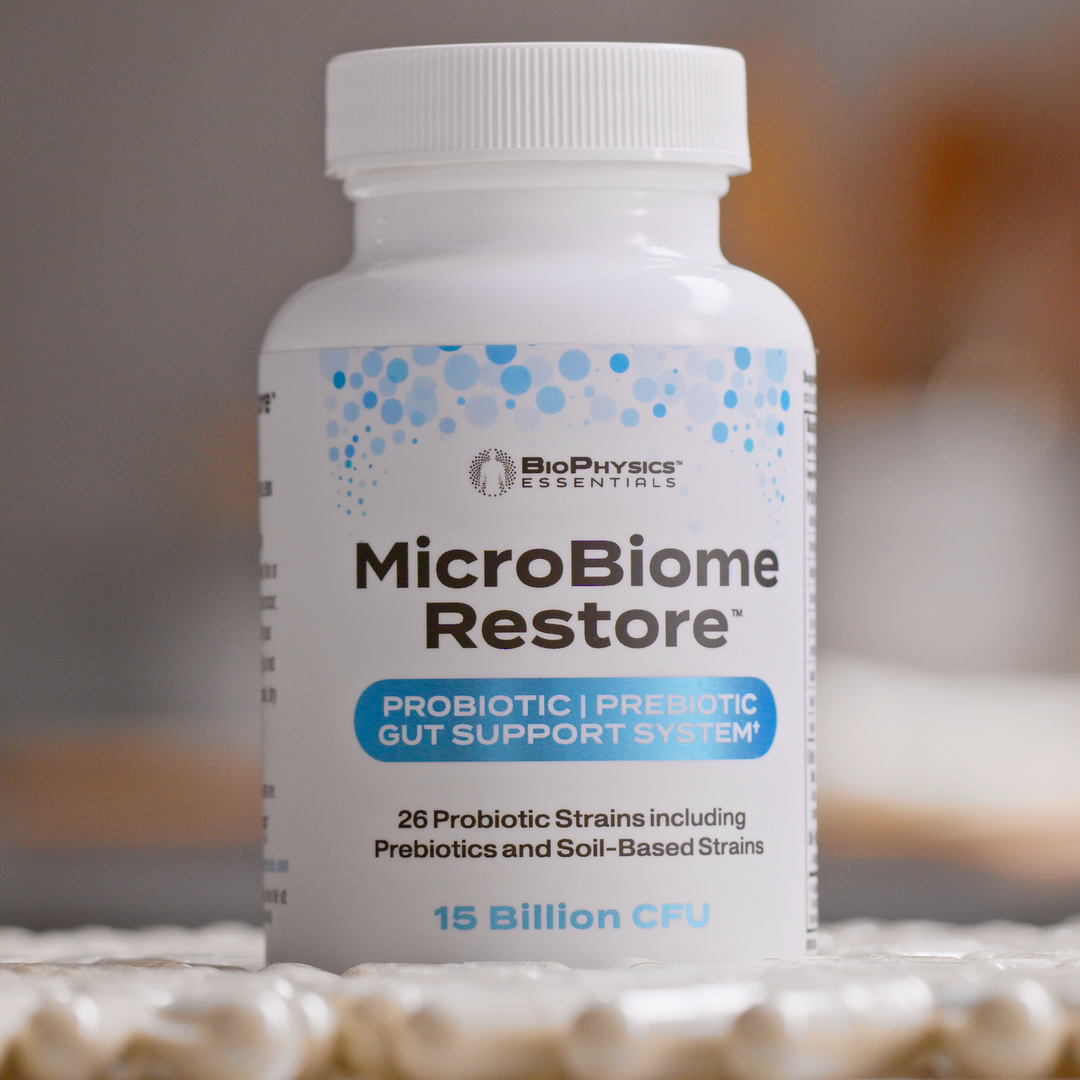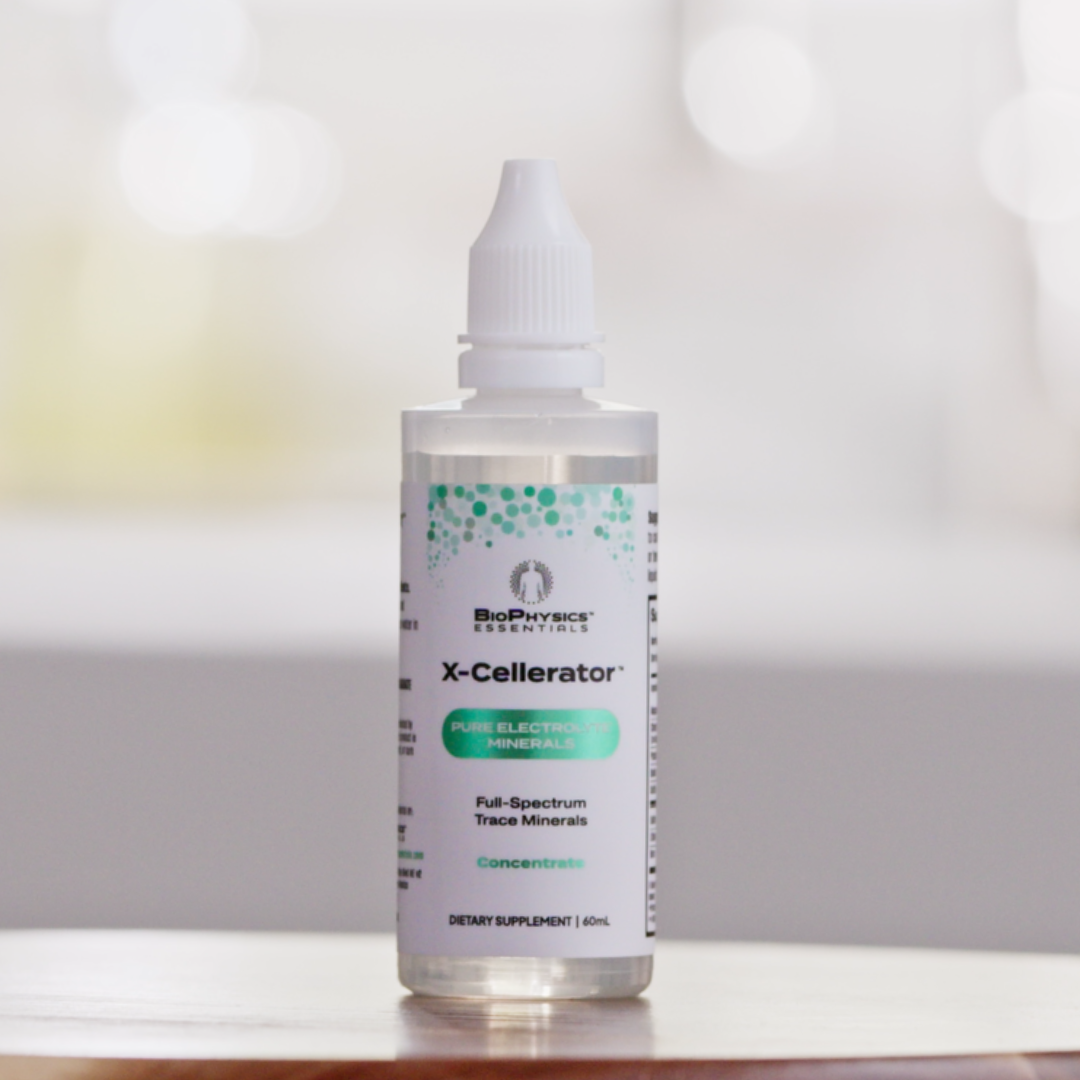The connection between our gut and brain is more important than we used to think. New research shows that gut health can affect our mood, thinking, and mental health. Let's look at how making your gut healthier can help your mind feel better too. We'll explore some simple steps you can take to improve this important connection in your body.
Key Points: Gut Health and Mental Wellbeing
- Understand the gut-brain connection
- Identify signs of an unhealthy gut
- Implement dietary changes for gut health
- Incorporate probiotics and prebiotics
- Manage stress and lifestyle factors
- Consider supplementation for gut support
- Focus on whole foods
- Get regular exercise
- Consult healthcare professionals when needed
- Recognize individual gut uniqueness
Understanding the Gut-Brain Axis
The gut-brain axis is like a two-way street between your digestive system and your brain. It involves nerves, hormones, and the tiny living things in your gut. Understanding this connection is really important for staying healthy in body and mind.
Your gut is sometimes called the "second brain" because it has so many nerve cells. These nerves talk to your brain, affecting your mood and even your immune system. When your gut is healthy, it helps keep your brain healthy too.
Signs of an Unhealthy Gut
Here are some signs that your gut might need some help:
- Upset stomach or digestive problems often
- Mood swings or feeling anxious or sad
- Trouble sleeping or feeling tired all the time
- Skin problems like acne
- Weight changes without changing how you eat
- New food sensitivities
- Getting sick a lot
- Craving sugar or junk food
If you notice these signs, you might want to focus on making your gut healthier. But remember, these could also mean other health issues, so it's a good idea to talk to a doctor.
The Impact of Gut Health on Mental Well-being
A healthy gut can help your mind feel better too. Here's how:
1. Feel-Good Chemicals: Your gut makes most of the serotonin in your body, which helps control your mood. When your gut is healthy, it can make the right amount of these chemicals to help you feel good.
2. Fighting Inflammation: An unhealthy gut can cause inflammation in your body and brain, which might lead to feeling sad or anxious. A healthy gut helps keep inflammation down.
3. Handling Stress: Your gut plays a big part in how you deal with stress. A healthy gut can help you stay calmer when things get tough.
4. Getting Nutrients: A healthy gut is better at absorbing important nutrients from your food. Many of these nutrients are crucial for your brain to work well.
5. Immune System Help: A lot of your immune system is in your gut. When your gut is healthy, it helps your immune system work right, which is also good for your mental health.
Dietary Strategies for Gut Repair
One of the best ways to make your gut healthier is through what you eat. Here are some tips:
1. Eat More Fiber: Foods like fruits, vegetables, and whole grains feed the good bacteria in your gut. Try to eat different colored plants in your meals.
2. Include Fermented Foods: Foods like yogurt, kefir, sauerkraut, and kimchi have good bacteria that can help balance your gut. Learning about natural probiotic sources can be helpful.
3. Limit Processed Foods: Try to eat more whole, unprocessed foods instead of packaged snacks and fast food.
4. Stay Hydrated: Drinking enough water helps your digestive system work better. Aim for at least 8 glasses a day.
5. Eat Foods with Polyphenols: These are plant compounds found in berries, dark chocolate, green tea, and olive oil that can help good gut bacteria grow.
6. Try Bone Broth: This soup has things that can help repair your gut lining.
7. Eat Mindfully: Pay attention to your food, eat slowly, and chew well. This can help your digestion and make you more aware of what your body needs.
The Power of Probiotics and Prebiotics
Probiotics and prebiotics are important for gut health:
Probiotics are good bacteria that can help balance the microbes in your gut. You can find them in fermented foods or supplements. Learning about probiotic options can be helpful.
Prebiotics are types of fiber that feed the good bacteria in your gut. They're in foods like garlic, onions, bananas, and asparagus.
Using both probiotics and prebiotics can create a healthy environment for good gut bacteria.
Lifestyle Factors for Gut and Mental Health
Your diet isn't the only thing that affects your gut health. Other lifestyle choices matter too:
- Manage Stress: Try things like meditation, yoga, or deep breathing to reduce stress.
- Get Regular Exercise: Physical activity can increase the variety of bacteria in your gut. Aim for at least 150 minutes of moderate exercise each week.
- Prioritize Sleep: Try to get 7-9 hours of good sleep each night.
- Practice Mindful Eating: Eat slowly and without distractions to improve digestion.
- Limit Alcohol and Avoid Smoking: Both can harm your gut health.
- Spend Time in Nature: Being outdoors can help increase the diversity of your gut bacteria.
- Foster Social Connections: Having good relationships with others can help both your gut and mental health.
Supplementation for Gut Repair and Mental Health
Sometimes, supplements can help support gut and mental health:
MicroBiome Restore™: This supplement has 26 types of probiotics and 9 organic prebiotics to support gut health. Learn more about MicroBiome Restore.
X-Cellerator™: This mineral supplement supports gut health, hydration, and overall well-being. Discover X-Cellerator Full Spectrum Minerals.
Remember, supplements should add to, not replace, a healthy diet and lifestyle. Always talk to a doctor before starting new supplements.
The Role of Specific Minerals in Gut and Mental Health
Certain minerals are important for gut and mental health:
Zinc: Helps keep your gut lining healthy and affects your mood. Found in oysters, beef, and pumpkin seeds.
Magnesium: Helps you relax and supports gut health. Found in leafy greens, nuts, and whole grains.
Iron: Important for gut bacteria balance and mood. Found in red meat, beans, and fortified cereals.
Selenium: Supports gut bacteria and helps protect against stress. Found in Brazil nuts, fish, and whole grains.
Copper: Helps make neurotransmitters and supports gut lining. Found in organ meats, nuts, and seeds.
Manganese: Helps make digestive enzymes and neurotransmitters. Found in whole grains, nuts, and tea.
Explore mineral supplements to ensure you're getting these essential nutrients.
Conclusion: Your Journey to Better Gut and Mental Health
Improving your gut health for better mental well-being is an ongoing process. It involves making good choices in your diet and lifestyle every day. Remember, everyone's gut is different, so what works best for you might take some time to figure out.
By eating whole foods, managing stress, exercising regularly, and considering supplements when needed, you can support both your gut and mental health. Be patient, as changes in gut health can take time.
If you have ongoing digestive issues or mental health concerns, it's best to talk to a doctor. They can give you personalized advice and help you make a plan that's right for you.
Your gut and brain work together to keep you healthy. By taking care of your gut, you're helping your mental health too. Start your journey to better gut health today, and see how it can improve your overall well-being.















Share and get 15% off!
Simply share this product on one of the following social networks and you will unlock 15% off!